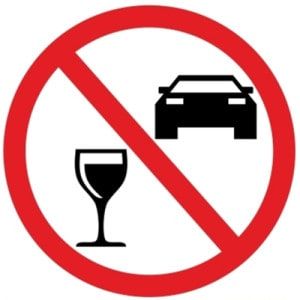 Last week, the New Jersey General Assembly passed a bill that would require ignition interlocks for first-time drunk driving offenders. If the bill is passed by the Senate and signed into law, New Jersey will become the 24th state to enact an all-offender ignition interlock law.
Last week, the New Jersey General Assembly passed a bill that would require ignition interlocks for first-time drunk driving offenders. If the bill is passed by the Senate and signed into law, New Jersey will become the 24th state to enact an all-offender ignition interlock law.
Under New Jersey’s current DUI laws, only first-time DUI offenders with a blood alcohol content (BAC) of 0.15 or higher and repeat offenders are required to install an ignition interlock. First-time DUI offenders with a BAC below 0.15 only face a driver’s license suspension period of three to seven months.
The Assembly-passed bill would require first-time DUI offenders with a BAC of 0.08 to 0.10 to install an ignition interlock in place of that license suspension period. First-time offenders would lose their license for 10 days while they install the device. Offenders would be required to keep the device installed for three to 12 months. However, the time period will be extended if drunk drivers violate the terms of installation.
Mothers Against Drunk Driving (MADD) National President Jan Withers personally thanked the New Jersey Assembly for passing the bill and encouraged the Senate to follow suit. MADD believes an all-offender interlock law could significantly reduce the state’s high number of drunk driving fatalities. In 2012 alone, drunk driving fatalities accounted for 28% of all traffic deaths in New Jersey and cost the state and taxpayers $1.1 billion.
MADD reports that driver’s license suspension alone is not an effective deterrent for drunk drivers, as three out of four convicted drunk drivers continue to drive without a license. Ignition interlocks, however, allow DUI offenders to drive to school, work, and/or treatment legally and safely. On top of that, interlocks save lives. According to MADD, states with all-offender interlock laws have reduced DUI deaths by at least 30%, with Arizona and Oregon seeing reductions as high as 43% and 42% respectively.
